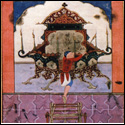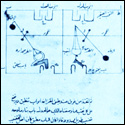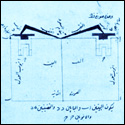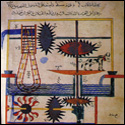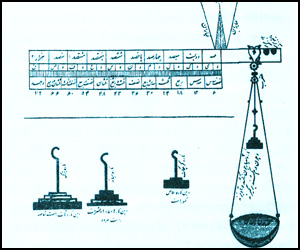Physics

|
Moody notes how:
‘Until the present century, historians of science have taken it
for granted that Galileo did not have any predecessors of
importance, and that the Aristotelian dynamics had been
uncritically accepted throughout the entire medieval period.
This is now a mistaken notion.’[1]
Palter goes in the same direction stating that:
‘The
picture of the middle ages as one long period of intellectual
darkness unmarked by any significant scientific advances can no
longer be seriously maintained. Especially in physics and
cosmology will the often acute medieval discussions and
controversies come as a surprise to students brought up to
believe that modern physics was born in the fertile brain of
Galileo.’[2]
To Moody’s and Palter’s observations can be added others, which
once more denounce this generalised notion, that in ten
centuries or more, from the 5th century to the so
called Renaissance (16th-17th century),
there was only scientific darkness. This generalised depiction
of history does not just ignore ten centuries, calling them the
Dark Ages, it also erases every trace of the Islamic role in the
subject. This is compounded by the fact, that, of all sciences,
there is not one single book on Islamic physics. Not that facts
cannot be gleaned, for they exist in original, primary sources,
and are also scattered in old secondary sources, most
particularly. The state of Islamic physics today is precisely
the same as that of Islamic technology and Islamic agriculture
until recently, when, at last,
Hill
brought Islamic technology out of its slumber, and Watson did
the same for agriculture. Islamic physics awaits similar
attention.
This work, however, is not going to remedy the problem. Such a
task demands the application of an expert mind in physics,
lending his or her attention to dusting off old sources,
translating passages from Arabic sources, studying, and putting
together all the scattered material into some sort of
comprehensive treatise, to be the first to illuminate on this
science.
What will be attempted here is a general overview of the
subject, seeking to first look at issues (by no means all) that
relate to physics (excluding optics), and then give some
attention to optics on its own. |

